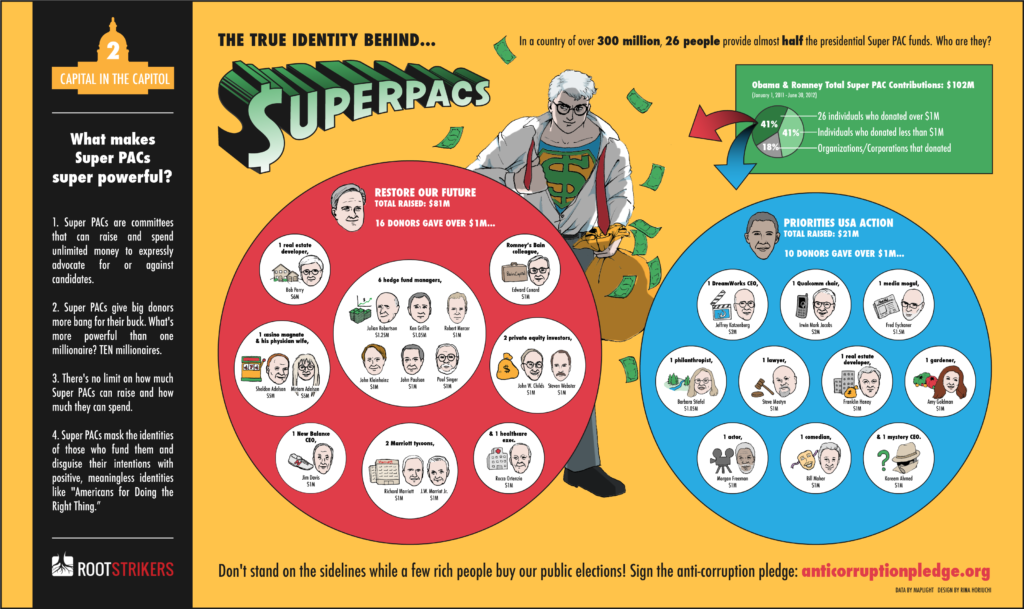Targeting memes with personal data (i.e., Facebook reactions) has been suggested as Cambridge Analytica’s low cost “support strategy” for Donald Trump’s presidential campaign.
Brands can use the same or similar tools; in this episode I talk with researcher and personal data entrepreneur Paul Dehaye about data privacy, using memes to “collect” and “share” segments of consumers and the monetization of personal data.
Podcast: Play in new window | Download
Subscribe: Apple Podcasts | RSS
Data About You
Dr. Paul Dehaye wants to liberate (for your benefit) data accululated when brands track your online activities – @hhawk

Anonymous Pamphleteers
Digital marketing tools used to sell branded products are also used in Elections.
Policies that protect political speech, including “anonymous pamphleteers,” (link) can also be used to subvert elections.
They say they don’t keep that data – Paul Dehaye
Anonymous Tracking
Policies enacted to protect consumer privacy may also be making it hard for consumers to learn how they are being tracked, monitored, and segmented.
Whither Data Privacy?
It might seem like the primary goal of data privacy is to keep your information safely in your own hands.
Companies “enhance” your personal data and then horde it – @hhawk
The reality is that businesses buy and sell your personal data. Then they segment, cluster, and augment your data with historical and real time information.
They hide what they know about you – @hhawk
The same laws that protect personal data from hackers (and illegal use) also make it hard to discover what large social networks know about you, how they know it, and where the information was found.
#Facebook forced to disclose more information about its ad targeting by @podehaye https://t.co/XnQNl4eeiT #adtech pic.twitter.com/v5HgIbjpSz
— Marcus Sarmento (@msarmento42) February 19, 2017
Innertrends: Analytics in RL
A few weeks ago I spoke with Claudiu Maraiu (co-founder & CEO) of the SAAS analytics company Innertrends. Claudiu and I spoke about the ubiquity of tracking and monitoring of consumers.
Claudiu took a clear stand that the industry (and our society) has an ethical dilemma it needs to resolve in RL, Real Life.
I played Claudiu’s observations for Dr. Dehaye hoping that he would be in agreement; (spoiler alert) he was.
Paul and I did a “deep dive” on privacy and tracking – @hhawk
Marketing – A Force for Good
I truly believe that marketing can be a force for good and as beneficial to society as any other profession.
What Facebook Advertisers knows about me and the brands I interact with (Harry Hawk)
Minimalist Shopping
There are many (on the right and left) who view consumerism and corporate commercialism as scourge.
Yes… we could live in a world with 1 brand of toothpaste, soap, candy, coffee, computers, phones, cars, a single restaurant chain and (for Americans and Swiss) 1 brand of guns.
It may be more efficient and even cheaper since presumably there would be billions saved in marketing and advertising.
It might also mess up the economy killing off innovation and freedom – @hhawk
Consumer Choice
I understand the backlash against consumer choice and 100 brands of coffee, and 15 types of Oreos – @hhawk
Freedom to Shop
Marketing doesn’t always encourage us to listen to our “better angels” – @hhawk
I want to be able to pick my own music, food, movies, and mate – @hhawk
Modern Marketing: 1:1 Tracking
Modern marketing requires tracking, monitoring and more. The real question is how do we ethically address these issues.
[Spoiler Alert] Paul has a plan – PersonalData.IO
Marketers and market data companies do want to know what you like or love
– but they also want to know what or whom you hate.
Global Issue
The larger issue here is bigger than stores tracking your visit their web pages; they can also track folks who visit their web pages and drive past their physical locations
Modern marketing tools are being used in elections @hhawk
Push Memes
The 2016 US election and the Brexit vote – Big surprises for many.
What fueled these “surprises?”
The tipping point may have been when campaigns learned to polarize the electorate. Easy polarization means easy segmentation.
Daisy or Daffodil? – a hard “problem” for marketers – @hhawk
Divide and Conquer
The “right” memes easily split (segment) the population into clearly defined cohorts.
@hugorifkind I think this is the quote you are looking for @Arron_banks pic.twitter.com/pH2wz2oKg8
— Paul-Olivier Dehaye (@podehaye) March 5, 2017
The Power of Hate
Knowing which Memes you like or dislike, share or didn’t share, could be used to classify you.
#TACDforum17 Cambridge Analytica explains how they use “Likes” https://t.co/6DWeT8LjRJ
— Paul-Olivier Dehaye (@podehaye) March 21, 2017
HRC or DJT? – an easy problem because of the strong negative opinions – @hhawk
Memes On Parade
DJT may naturally enjoy pushing buttons and speaking previously unspeakable thoughts — but they were a huge benefit in the 2016 election cycle – such polarizing messages filter voters.

- Expose people to different memes covering a range of topics: healthcare, regulation, secular organizations, and theology
- Gauge their reactions
- You may know enough to:
- push some towards a particular candidate.
- push others to skip the polls
- push conservatives to the right
- push liberals to the left
How ad technology turned against the world cc: @profcarroll https://t.co/HPyJaz33x3 pic.twitter.com/Iq4falX0GY
— Paul-Olivier Dehaye (@podehaye) March 17, 2017
You may also learn enough about them to discourage them, give them false hope, or get them all riled up and “mad as hell.” That’s what I call a push meme.
Campaigning for Democracy
Political speech, including anonymous speech – is the cornerstone of American democracy.
A 1.3+ Billion Dollar Marketing Campaign – Democracy in Action
Data, data privacy, and monetization are key building blocks for our digital age making online sales from Amazon, Uber, and the local butcher efficient and effective
Paul Dehaye
Mathematician Paul Dehaye (PhD Stanford) and I take a deep drive into the digital footprint of the 2016 US Election cycle.

The same tools that make modern markets marvelous may make “Moxie” for malicious meme makers.
This from @GaryCoby is the story everyone missed (so far) out of @CamAnalytica cc @HNSGR @carolecadwalla @Schwartzesque @ninaburleigh pic.twitter.com/JcWm5CzyVm
— Paul-Olivier Dehaye (@podehaye) April 4, 2017
Convoluted Truth
Who is Cambridge Analytica – they are part of a company that also trains the military for psychological warfare.
Even marketing experts don’t know what is possible or what really happened – @hhawk
America, here we come! pic.twitter.com/if0TfZtYSV
— Paul-Olivier Dehaye (@podehaye) April 11, 2017
The 2017 US Election – Really Happened?
There is a lot of debate about what happened, how it happened, and more importantly if it did happen – what levers did they pull? What tools did they use?
@profcarroll my actual Adobe Markeing Cloud data: my identifiers across the industry for dozens of companies pic.twitter.com/MKxaQbLWJO
— Paul-Olivier Dehaye (@podehaye) March 21, 2017
Protested (& Protected) Data
There is no easy answer here to regulating marketing tools when we are talking about political speech.
I wrote a bit about the value of anonymous political speech. https://t.co/n9kkDmYJKF pic.twitter.com/4ckftTB5j7
— Scott Blackburn (@ScottBlackburn2) April 17, 2017
The same law that protects protesters also protects political speakers.
It is possible that Super PACS, Campaigns & Think Tanks shared segmented audiences and used them to support the candidate(s) of their choice.

Hillary’s Mixed Messages
HRC was frequently “dinged” in the press when using different language, focus among stakeholders.
Imagine two groups of voters (A & B)
If voter group A would be discouraged if they learned about Fact X, yet voter group B would be encouraged – we can use segmented audiences to “suppress ‘Face X” to group A while promoting it to group B.
Where did it all start?
We can blame our modern democracy on the ancient Greeks — Cambridge Analytics had an “ah ha” moment when Cambridge University published a study about Facebook “Likes.”
Like, Wow, Haha, Sad, and other Facebook reactions may only make the research more effective – @hhawk
Cambridge FOI
If you want to go further down this rabbit hole..
.@LouiseMensch‘s FOI request to Cambridge University about Cambridge Analytica, itself FOI’d pic.twitter.com/SB792hlxyi
— Paul-Olivier Dehaye (@podehaye) March 9, 2017
Podcast: Play in new window | Download
Subscribe: Apple Podcasts | RSS
Links:

